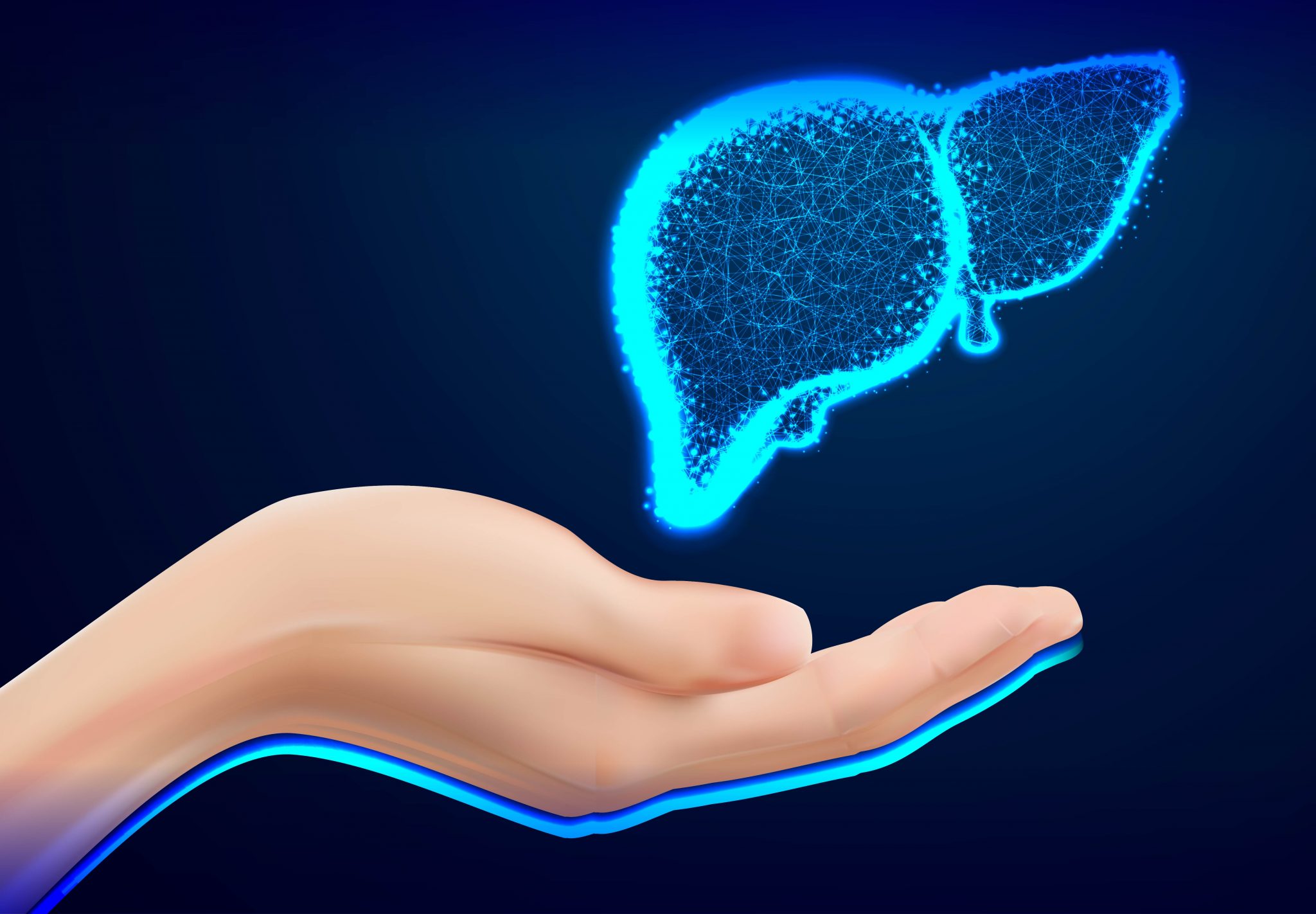Are you still 100% you after receiving an organ transplant?
In this day and age, the healthcare system has been advancing rapidly and organ transplants are becoming more common. We know that DNA can be found in all cells in our body and every cell in our body holds the same DNA.
So the question is, does the organs we receive adapt to our DNA or does it’s DNA stay the same? If the organ’s DNA stays the same, does it mean my body’s DNA will mutate to suit its DNA?
Is it actually a different person’s DNA inside of me?
If you were to donate any of your organs to somebody, a part of you would now be a part of them. Once you receive an organ transplant, the organ does not change its genetic profile. It will remain the same even when it is inside your body.
Is it dangerous to have someone else’s DNA in my body?
What could possibly go wrong with having a new organ, right? Since the organ’s genetic profile doesn’t change, how would your body react to it?
Well for starters, when you receive an organ transplant, your body will see that organ as a foreign entity. Your immune system will kick in and try to reject the organ, so you would need to take some medicine to prevent your body from rejecting the new organ.
This tends to lead to a more vulnerable immune system, so you would be more prone to infections.
Think of the new organ as a new classmate in your class, replacing an old best friend of yours. It would definitely take some time for your classmates to accept this new classmate. It is the teacher’s job to help to acquaint the new student and the existing students. In this context, the teacher is like the medicine that prevents the rejection of new organ in your body.
So in simple words, no, the transplanted organ will not change to mimic your DNA, even after you have received them. However, with the help of certain medicines, the new organ can co-exist in your body.
Unfortunately, since your genes will not change to suit the organ, this means that you will NOT suddenly change eye colours or develop red hair, or even become genetically mutated like the X-MEN from Marvel.
If you’ve enjoyed reading this article, find out more about our DNA Explorer.
References:
- Olszewski WL, et al. Transplantation of organs is transplantations of donor DNA: fate of DNA disseminated in recipient. Transplant Int 2005; 4(18):412-418. Available at: https://onlinelibrary.wiley.com/doi/full/10.1111/j.1432-2277.2004.00050.x
- Hicks, R. (2018). Common health problems after an organ transplant. [online] WebMD Boots. Available at: https://www.webmd.boots.com/a-to-z-guides/life-after-transplant-common-health-problems.
- Science Focus. (2009). Does the DNA of a transplanted organ change to that of the recipient?. [online] Available at: http://www.sciencefocus.com/qa/does-dna-transplanted-organ-change-recipient.

